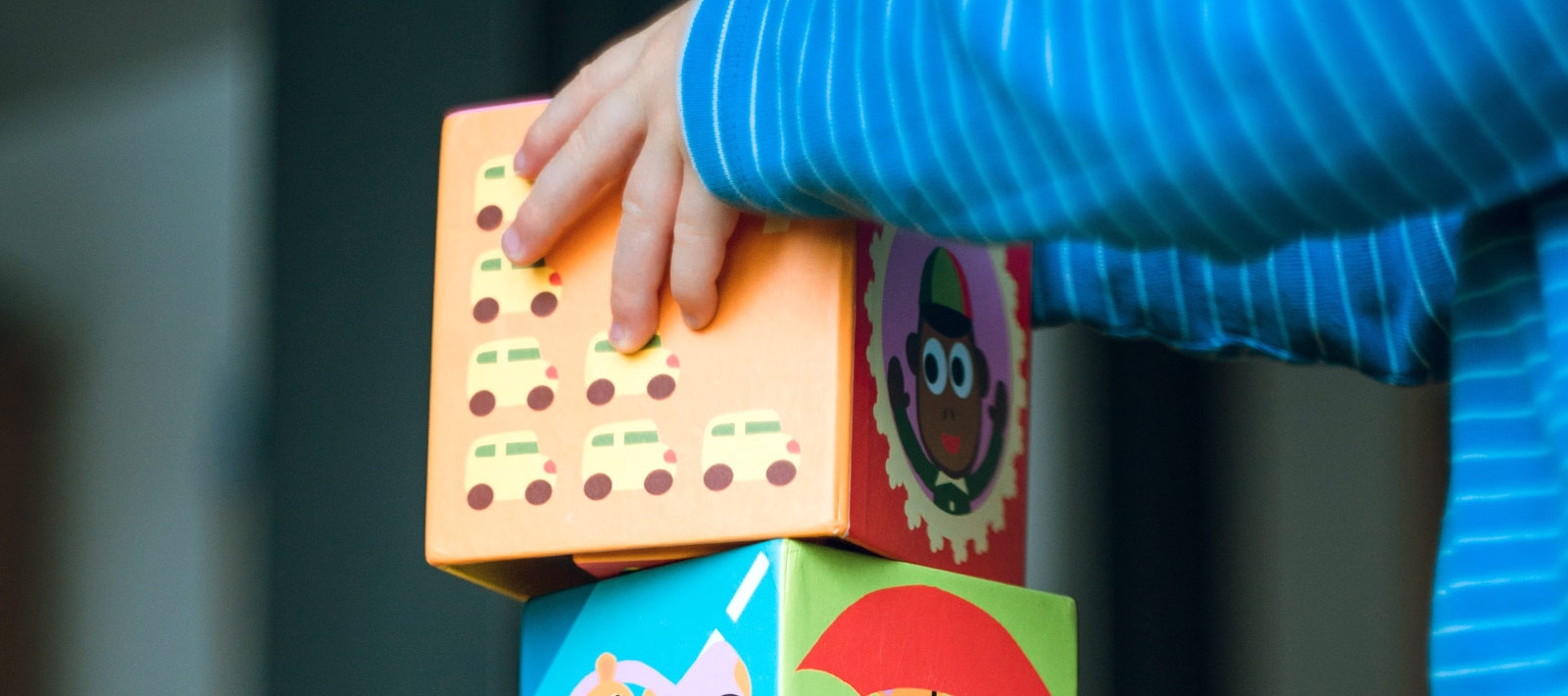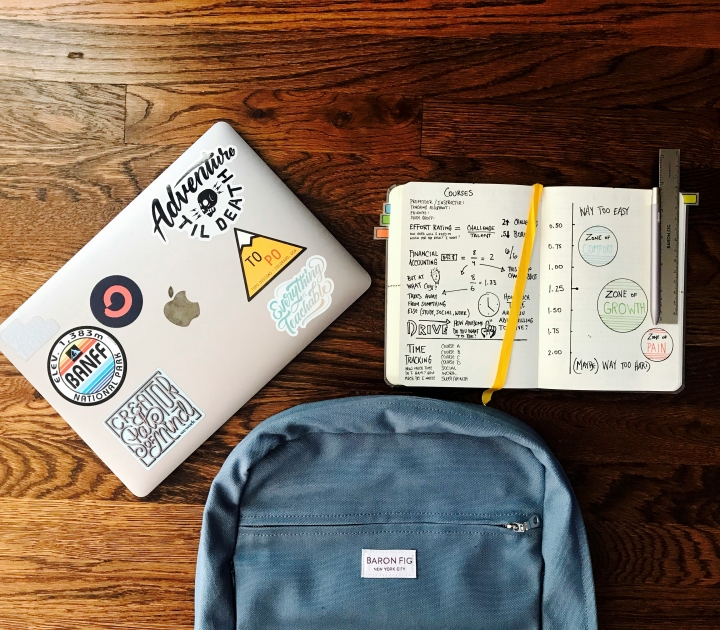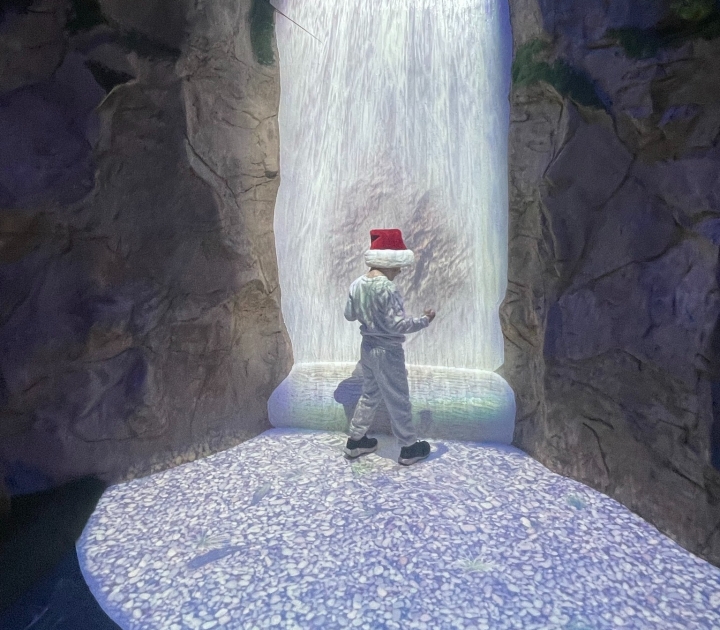
About Exceptional Education
Exceptional or special education is a cross-categorical program that focuses on educating students with special instructional needs.
Graduates of a master’s program in special education are equipped to work with children with intellectual and developmental disabilities, physical/neurological disabilities, and learning and behavioral difficulties, both in immersion and specialized classrooms.
While most students who earn a master’s degree in special education teach in elementary, middle, and high school, others use their knowledge and skills to serve individuals with disabilities in different capacities—as behavior specialists, job coaches, direct support specialists, or educators with nonprofit organizations.
Applied Behavior Analysis, M.S.
Bilingual Inclusive Exception, GCP
Special Education: Early Childhood Program, M.S. Ed
Students with Disabilities (All Grades)
Students with Disabilities Initial Certification (All Grades), MSED
Students with Disabilities Initial Certification (All Grades), MSED Residency Program
Students with Disabilities Post-Master’s Certification
Teaching English to Speakers of Other Languages - TESOL C.A.S.
Program Features
At Buffalo State, graduate students have a choice among three specialty programs within the Exceptional Education Department:
- Early Childhood
- Childhood
- Adolescence
All three programs lead to a master of science in education and provide eligibility for New York State certification in special education.
- The Early Childhood and Childhood special education graduate programs are designed for students with undergraduate majors in early childhood, childhood, or special education.
- The one in adolescence focuses on subject instruction for Students with Disabilities in Grades 7-12.
Students who are not provisionally/initially certified in special education must complete 15–18 credit hours of preliminary coursework in addition to the program area requirements.
All of the master’s programs in special education culminate with a master’s thesis or master’s project worth three to six credit hours.
If you recently completed your bachelor’s degree in Early Childhood Education or Special Education and now need your master’s degree, Buffalo State will prepare you for a rewarding career teaching children with special needs.
Our graduate program in Special Education: Early Childhood prepares early interventionists and teachers to work with infants and young children with disabilities—or young children at risk for being identified with a disability—and their families. The program is cross-categorical; prospective teachers receive coursework related to working with students with physical, intellectual, sensory, communication, and behavioral disorders.
What Is an Interventionist?
The role of the early interventionist or preschool teacher is to facilitate the child’s development of social, motor, communication, self-help, cognitive, and behavioral skills.
Interventionists are expected to design activities and environments to enhance the child’s concept of self, sense of competence and control, and independence.
Because a number of educational programs serving this population subscribe to an interdisciplinary approach, much of the assessment, planning, and implementation of programs is done in collaboration with other members of the professional team.
Certification
- Applicants with certification or who are eligible for certification in Early Childhood Education must meet additional special education certification requirements once enrolled.
- Students who pursue initial certification in both childhood special education and childhood education are particularly well-qualified to work with students with special needs in integrated education settings.
Degree Information
Students who specialize in special education develop a number of skills that will help them throughout their careers—regardless of the jobs they choose.
They’ve been trained to think critically, problem-solve in collaborative groups, analyze situations, use data to help develop goals and appropriate plans, and implement evidence-based practices and procedures.
Special education teachers are in demand, and jobs nationwide are expected to increase by 6 percent through 2024, according to the Bureau of Labor Statistics. The median annual salary for special education teachers in the United States is just over $55,000.
Graduates of our master’s programs in special education typically teach in inclusive classrooms, resource rooms, self-contained classrooms, special schools, or even residential facilities. Some choose to work as consultant teachers in general education settings. Special education is and has been considered a high-need area across the nation. Many of our graduates have progressed in their careers as school principals, superintendents, college professors, and researchers.
In addition to teaching, our special education graduates may serve individuals with disabilities in different capacities such as behavior specialists, job coaches, or direct support specialists.
Some of the specialty areas that Exceptional Education graduates pursue:
- Adapted Physical Education
- Attention Deficit Disorders
- Autism Spectrum Disorders
- Deaf-Blindness
- Developmental Delays
- Early Childhood Intervention
- Emotional or Behavioral Disorders
- Hearing Impairment
- Intellectual Disabilities
- Multiple Disabilities
- Orthopedic Impairments
- Reading/Literacy Special Needs
- Sensory or Developmental Disabilities
- Special Education Administration
- Special Education Homeschooling
- Specific Learning Disabilities
- Traumatic Brain Injury
- Visual Impairment
Buffalo State is committed to providing all education students with plenty of hands-on experiences outside the classroom. Below are some opportunities open to exceptional education majors:
Council for Exceptional Children: The local chapter of the international organization provides members with professional development, community volunteer activities, and fun events.
Best Buddies: This organization provides an opportunity for college students to be matched in a one-to-one friendship with individuals who have intellectual disabilities.
Polar Plunge: The Exceptional Education Department, Buffalo State Best Buddies, and the Student Council for Exceptional Children help raise money for the New York Special Olympics during this “freezing for a reason” event every December at Woodlawn Beach State Park
Tutoring in Area Schools: Multiple opportunities are available for students, staff, and faculty to engage PK-12 students through one-on-one tutoring in schools throughout Western New York.
TeachLivE™: This computer-simulated, immersive, virtual reality classroom provides teacher candidates the opportunity to develop their skills in a safe, digital environment.
Excellent Reputation
Buffalo State’s Exceptional Education Department was one of the first departments dedicated to training teachers for students with disabilities. Graduates of our programs are highly sought after, both at the local and the national levels.
Professional Accreditation
The Exceptional Education Department has received accreditation from the Council for the Accreditation of Educator Preparation.
Stellar Faculty
Our Exceptional Education faculty are very involved in state and national organizations (e.g., New York State Council for Exceptional Children, National Council for Exceptional Children), and many are award-winning scholars.
Individualized Attention
Most field-based courses have fewer than 16 students. Other courses do not exceed 24 students and professors are able to differentiate certain learning experiences by students’ backgrounds and future career aspirations.
Strong Job Placement
Our graduates quickly find employment locally and nationally. The department is regularly contacted by districts across the nation regularly to recruit our graduates, especially in states like Texas that are experiencing a teacher shortage.
"With my degree, I’ll be able to work anywhere from a regular classroom to a self-contained one. Friends who are studying education at other schools don’t necessarily have that option.”
"Teacher preparation programs should embed more authentic opportunities into our preparatory programs for exceptional education teachers, which allow them to work with children and families outside of a classroom setting.”



